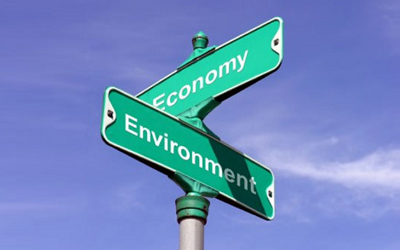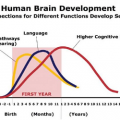【墨尔本PTE真题】PTE考生中真题正扮演越来越重要的角色。今天墨尔本文波PTE培训学校就给大家总结了最近的高频真题音频,希望对大家有用,下面开始:
看
原
文
视
频
请
往
下
看
Here Steven Joannson can read for WCS while conservation society pointing a finger at the poverty alleviation movement and saying its newest carnation largely subsumed or supplanted conservation. The trend has gone unnoticed but it poses a significant threat to conservation objectives and what they are basically saying is that if you are interested in protecting the biosphere, you all get on with that job; you should not be distracted by the equally significant but different agendas of reducting povety. At the same time, you got two British social scientists here doing their work for international institution for environment development in London and Juliet. Actually it works for a while, works for Afric wildlife foundation nowadays. But she is saying that poor people should not pay the price for biodiversity protection. So you can see the nature of the debate. What is the impact of their all talking about it? Well, it is about whether you can achieve a win-win solution, whether you can achieve economic growth which brings wealth in order to cut poverty without damaging biodiversity. The argument is that if you want to protect the biodiversity, you have to focus on that as a goal. But it you do that, you run the risk of hurting the poor; you also run the risk of inconvencing or reducing the economical growth. We are used in developped countries and industrialized countries to seeing this argument this access argued about. Well, let us say a government wishing to start drilling for oil in place acts for wildlife and wildlife conservation societies urging them not to on the grounds that it is a wildness refugee and we used that to debate what I say is that in a developing world there is a third access, and it is quite complex.





